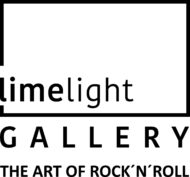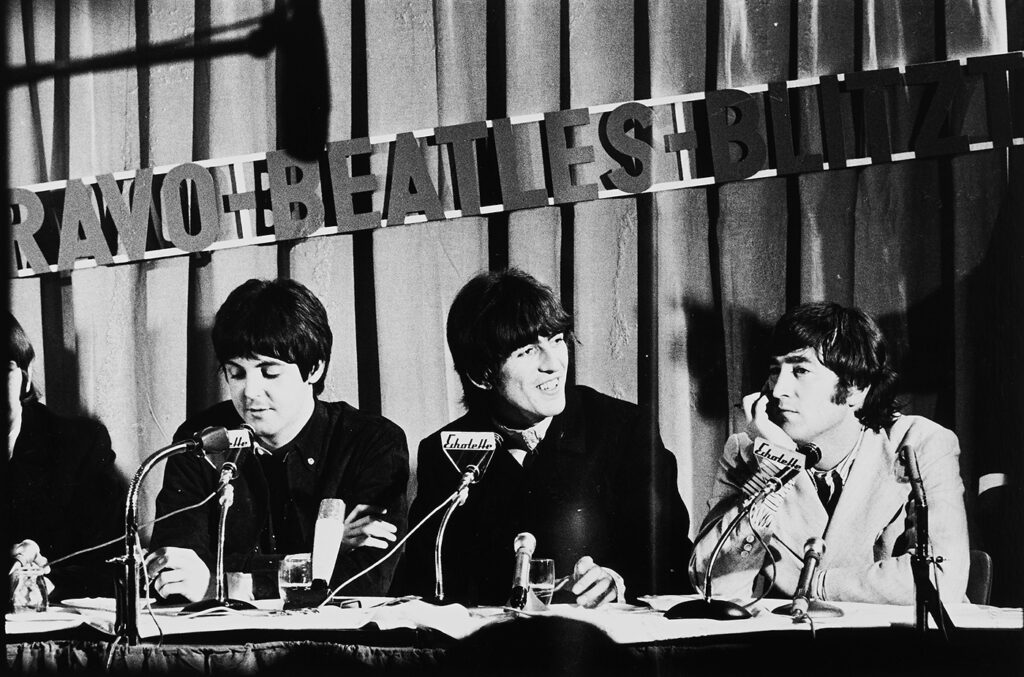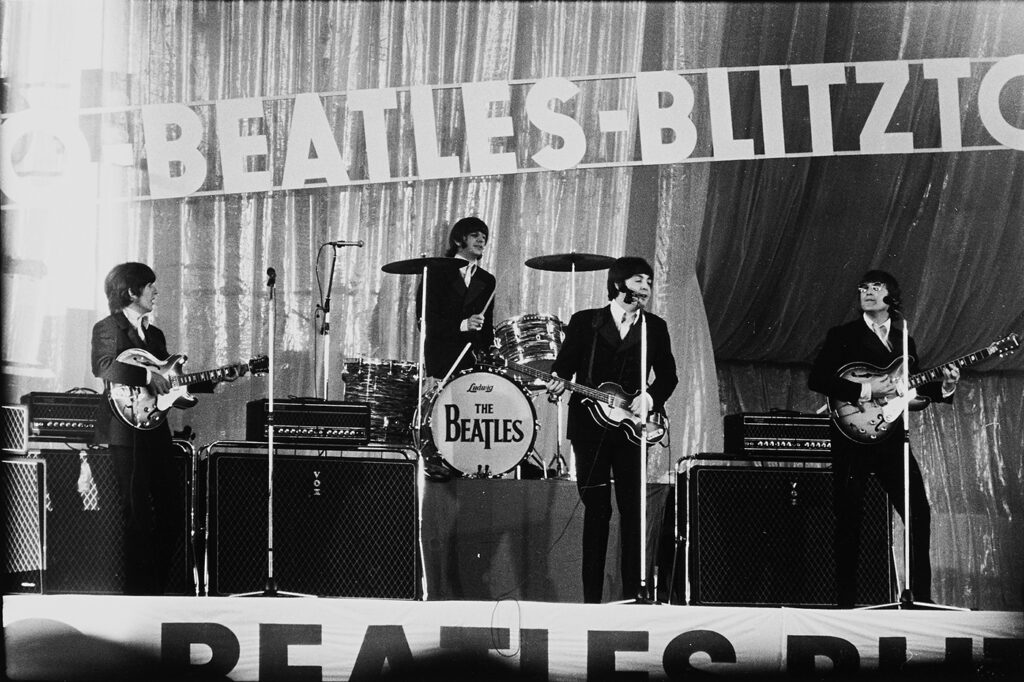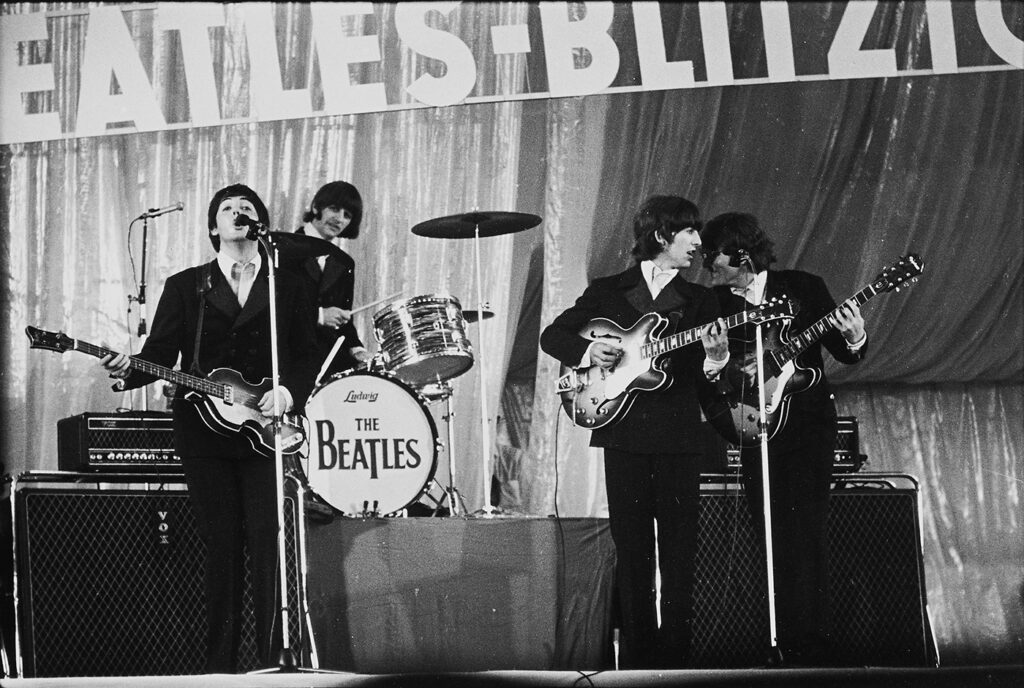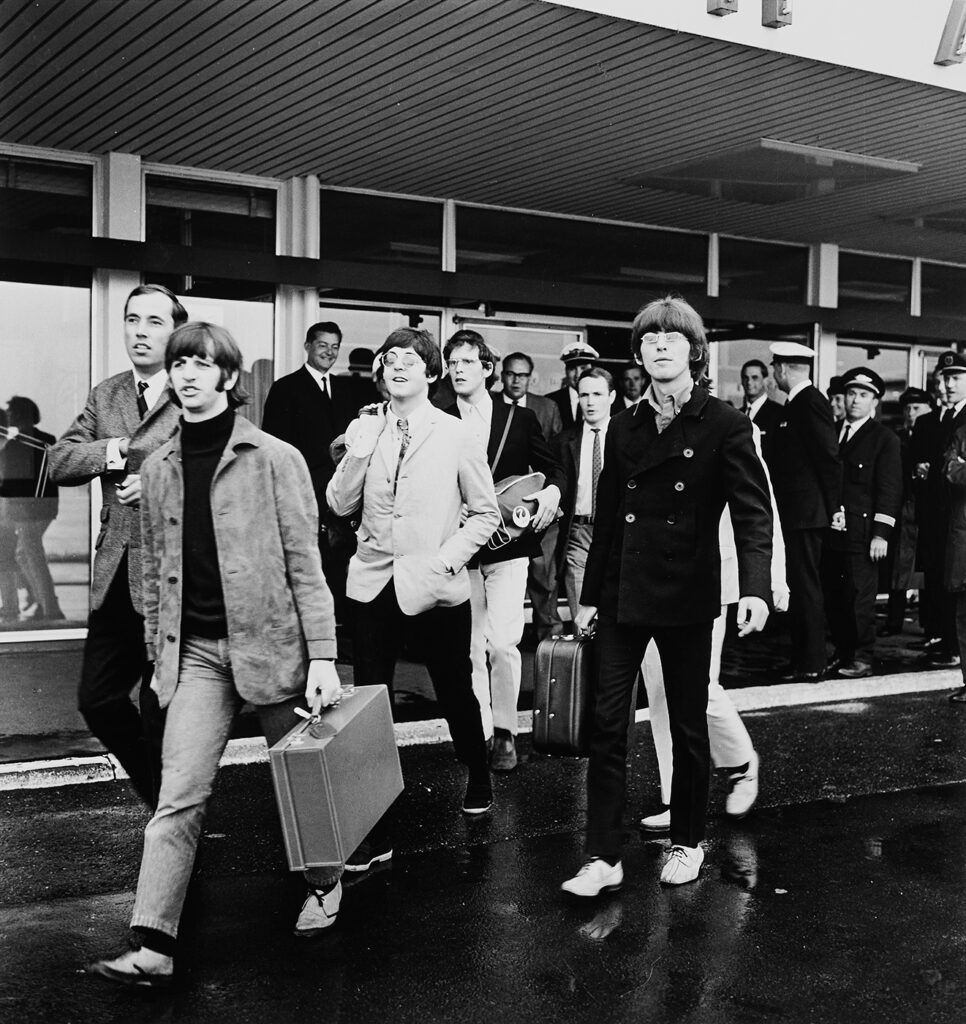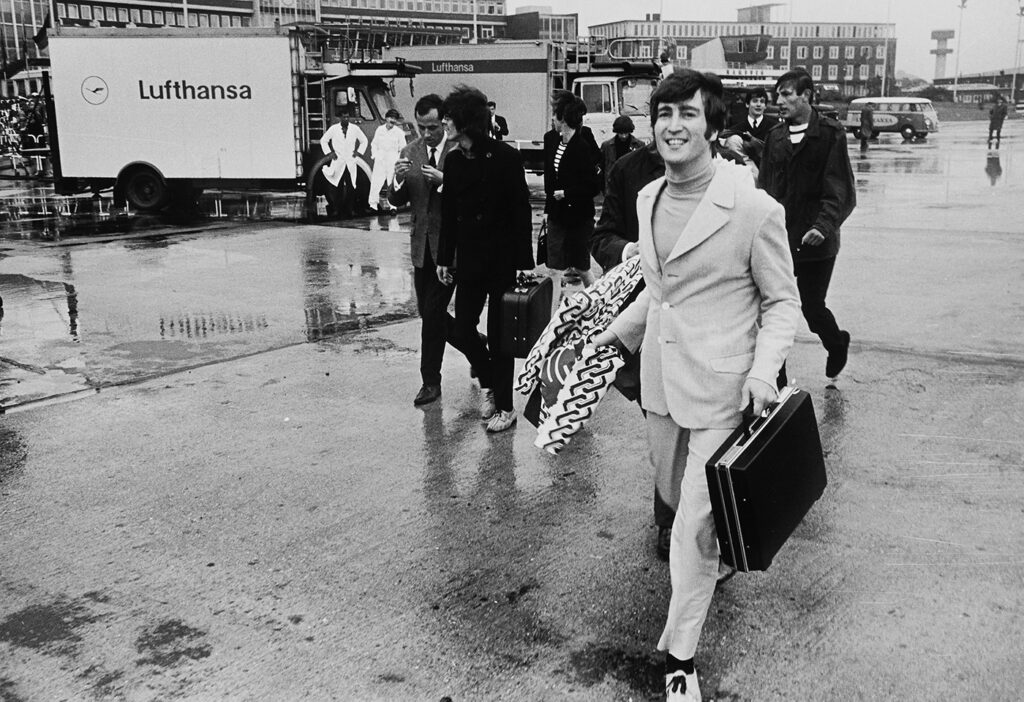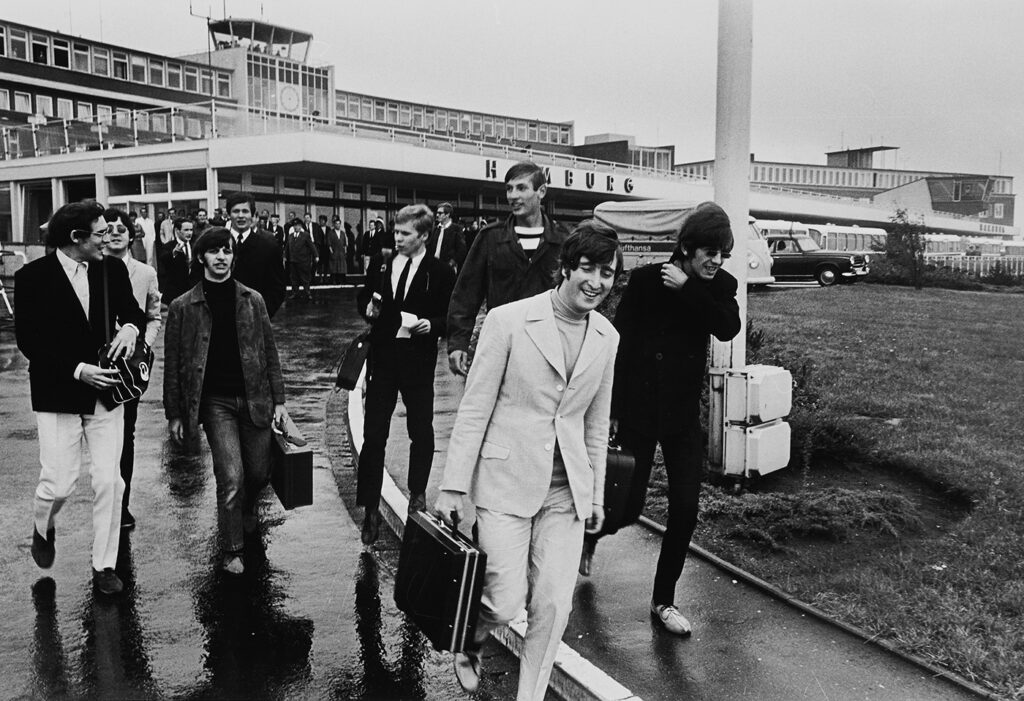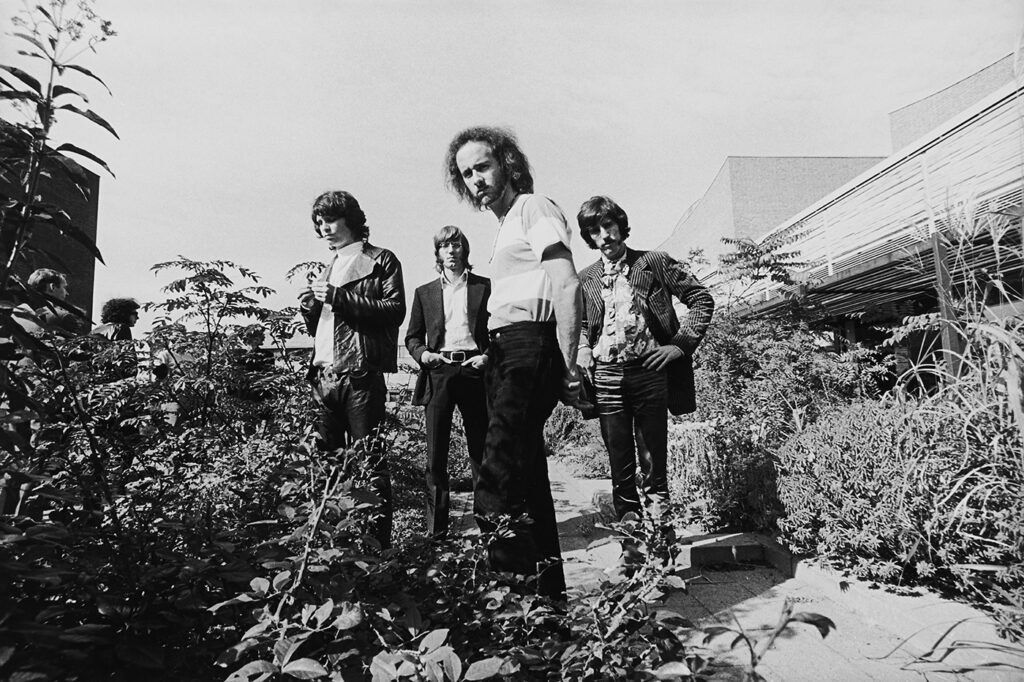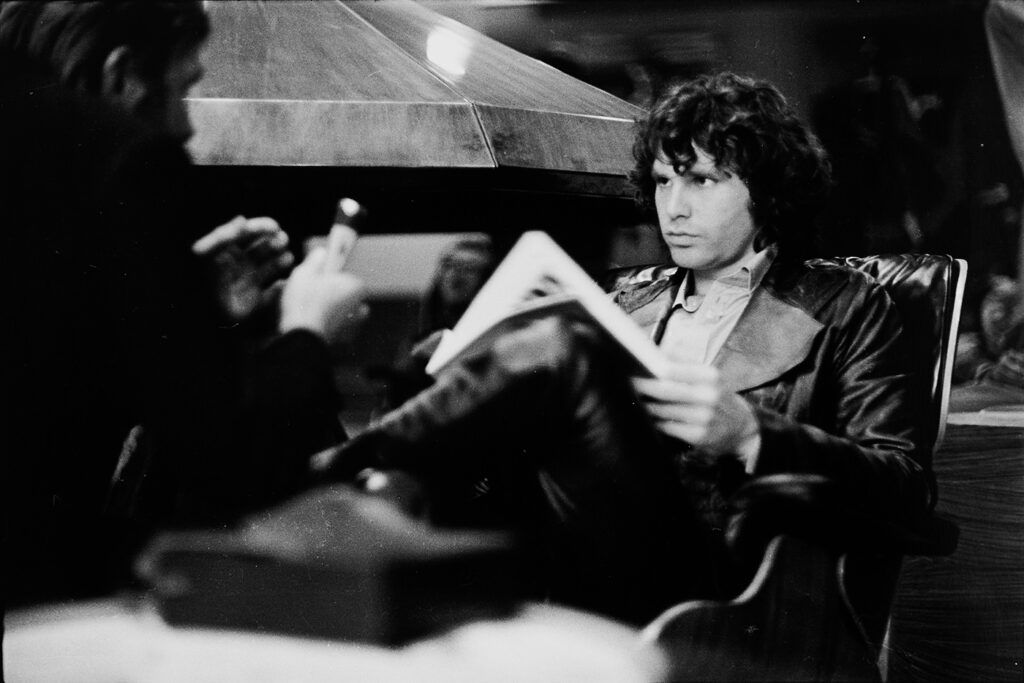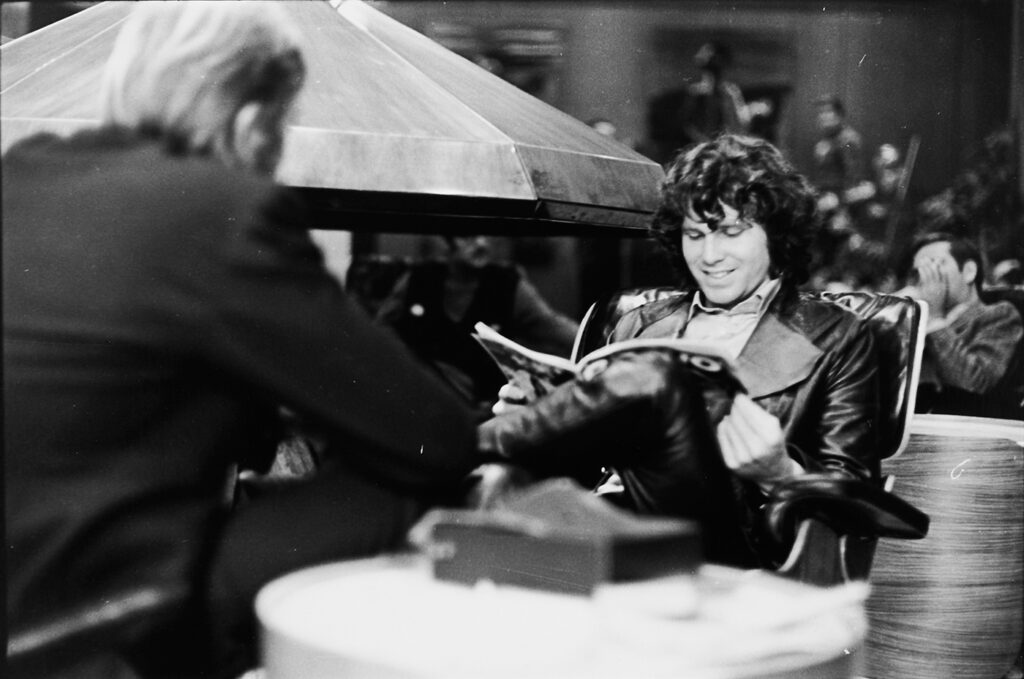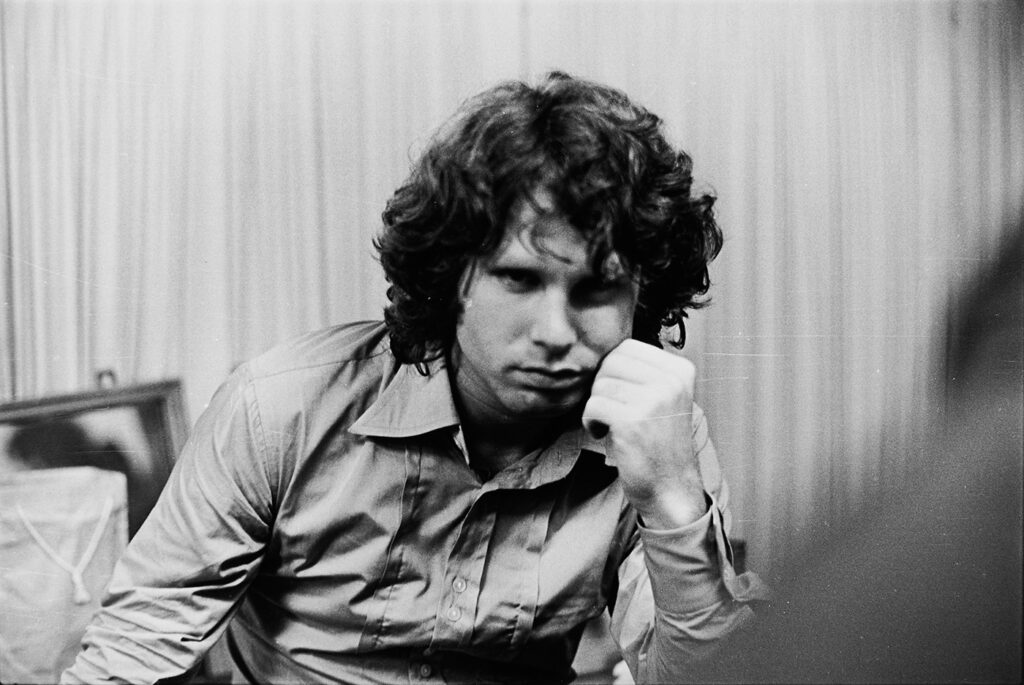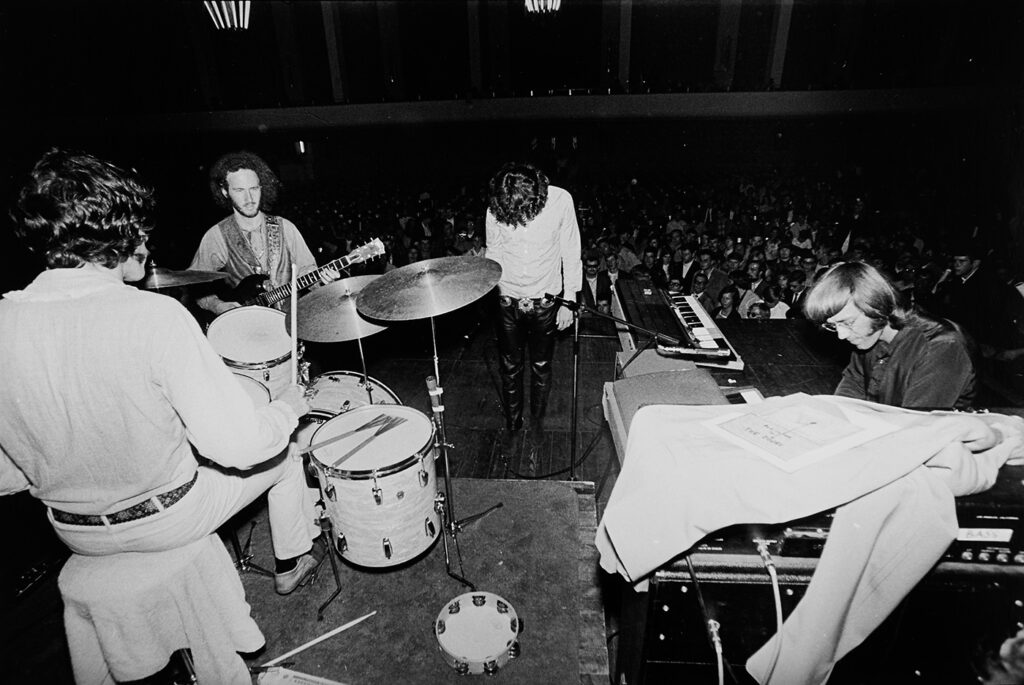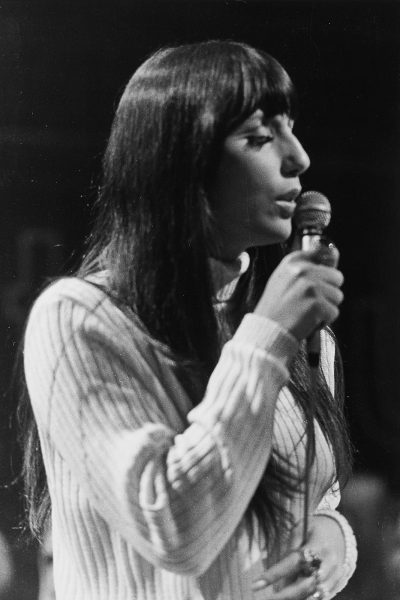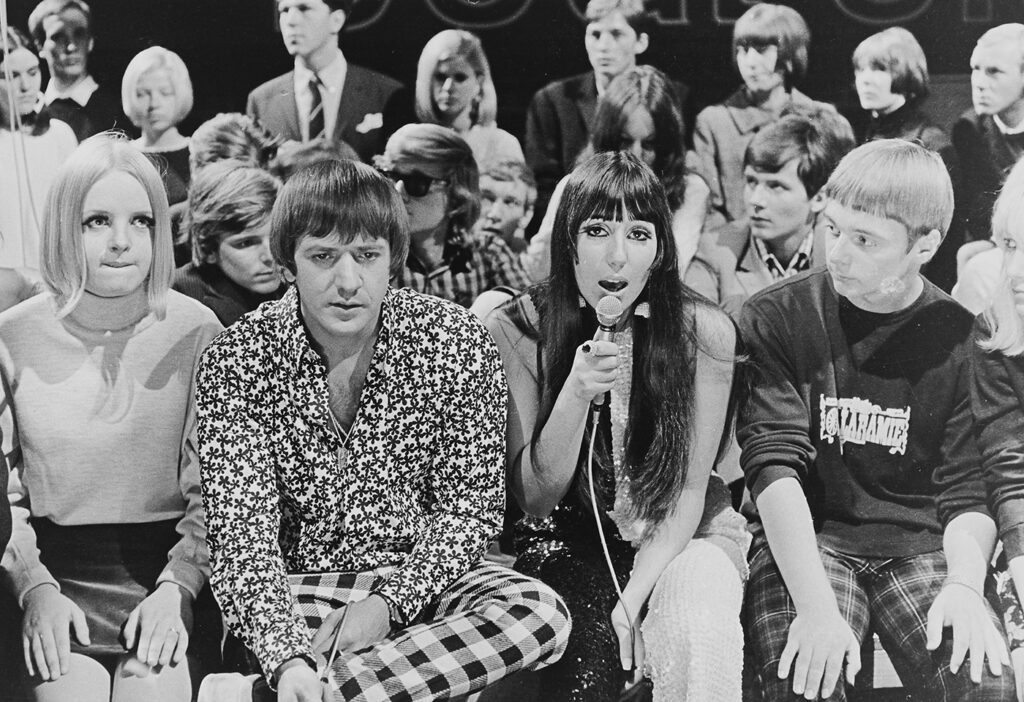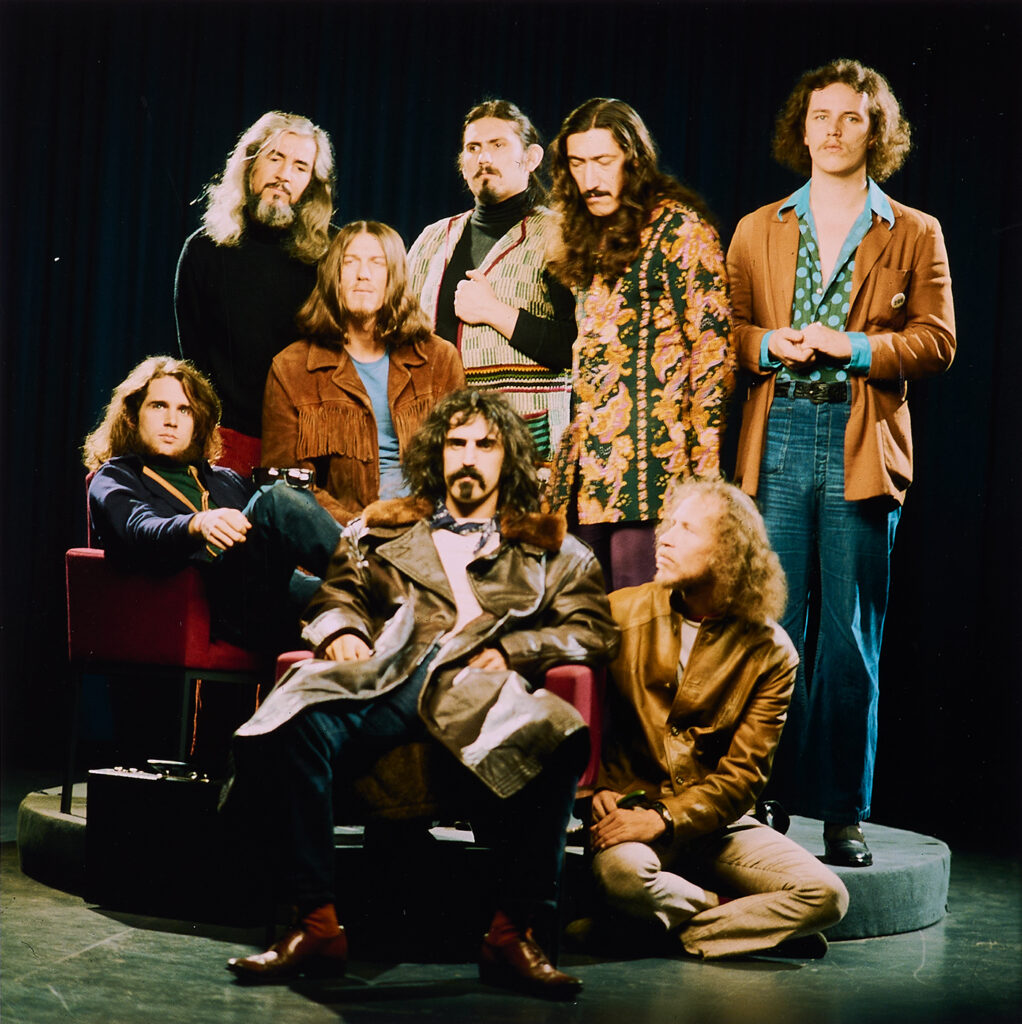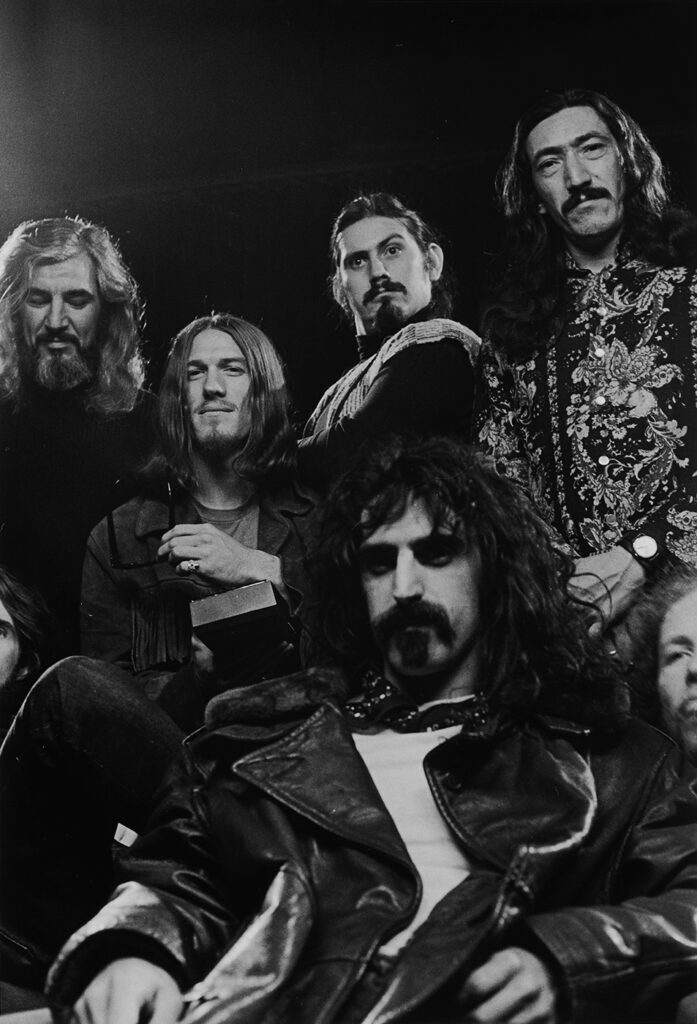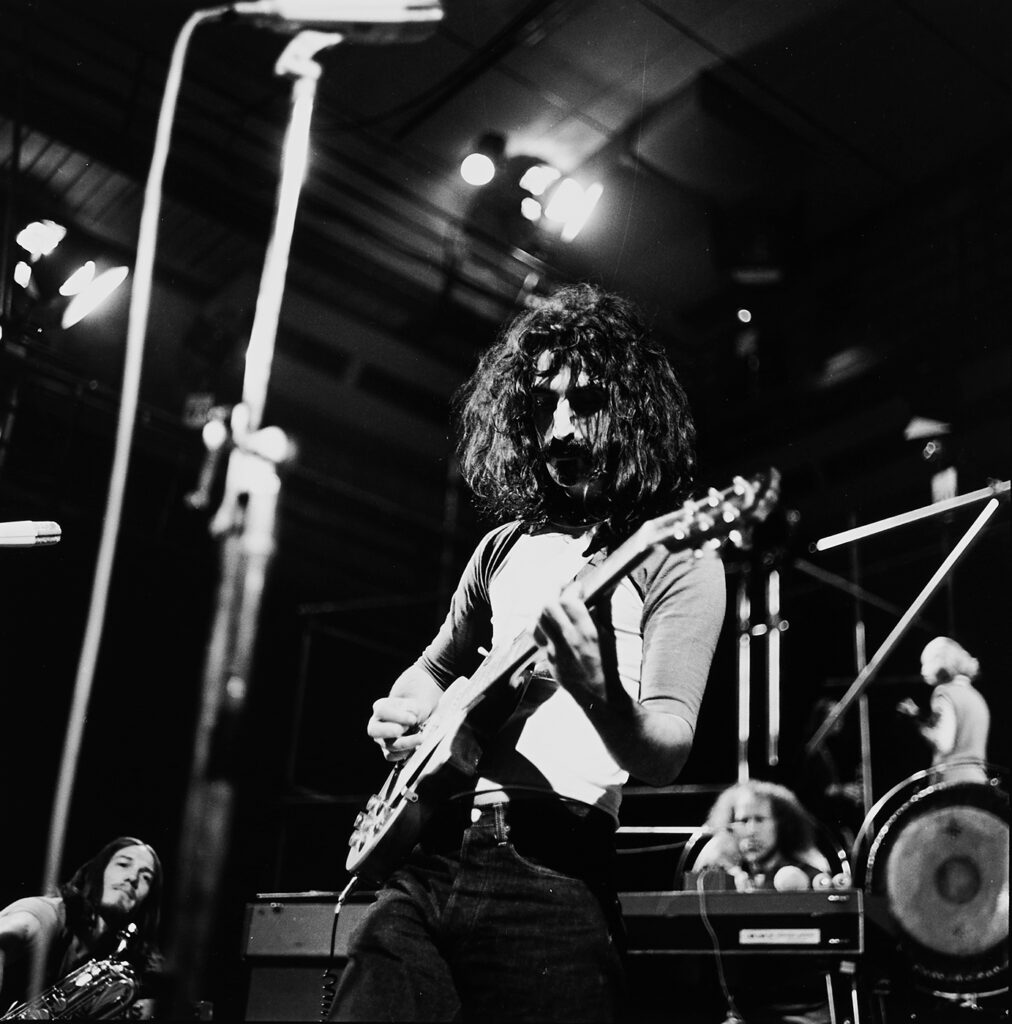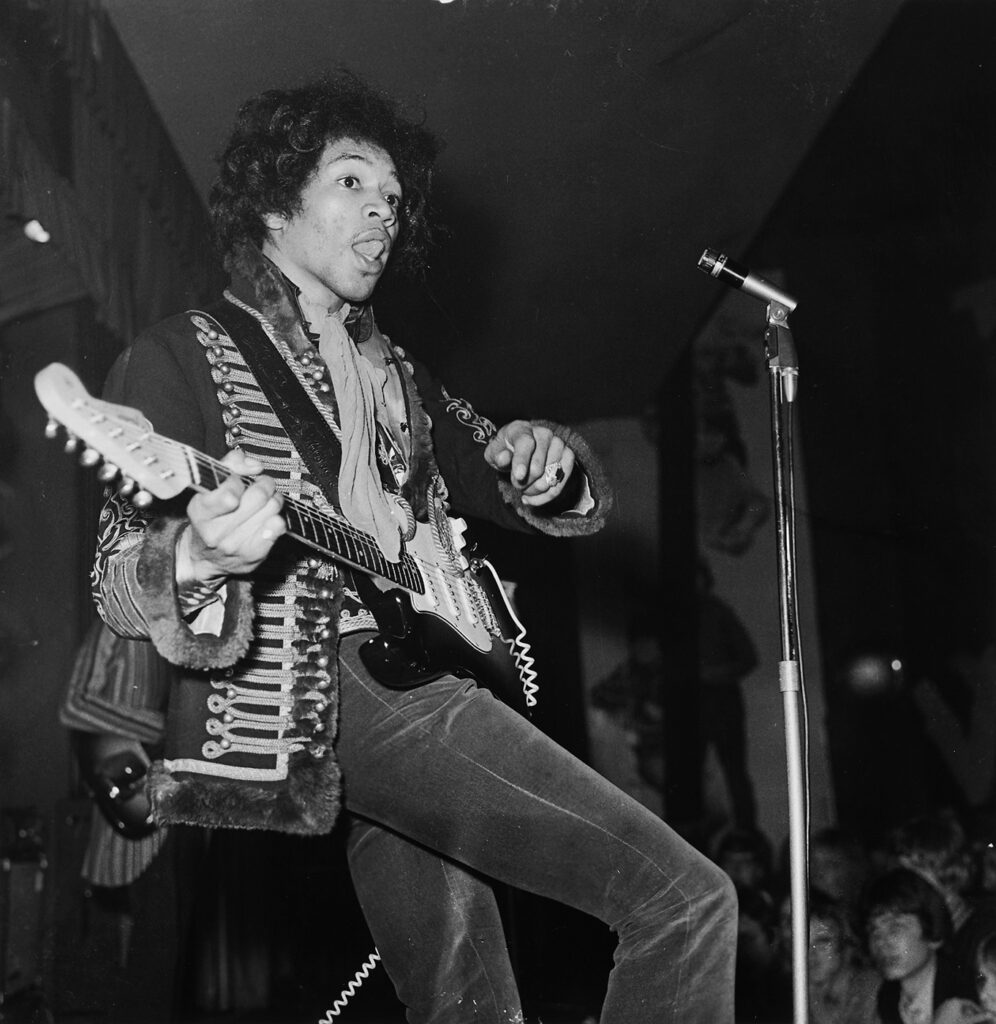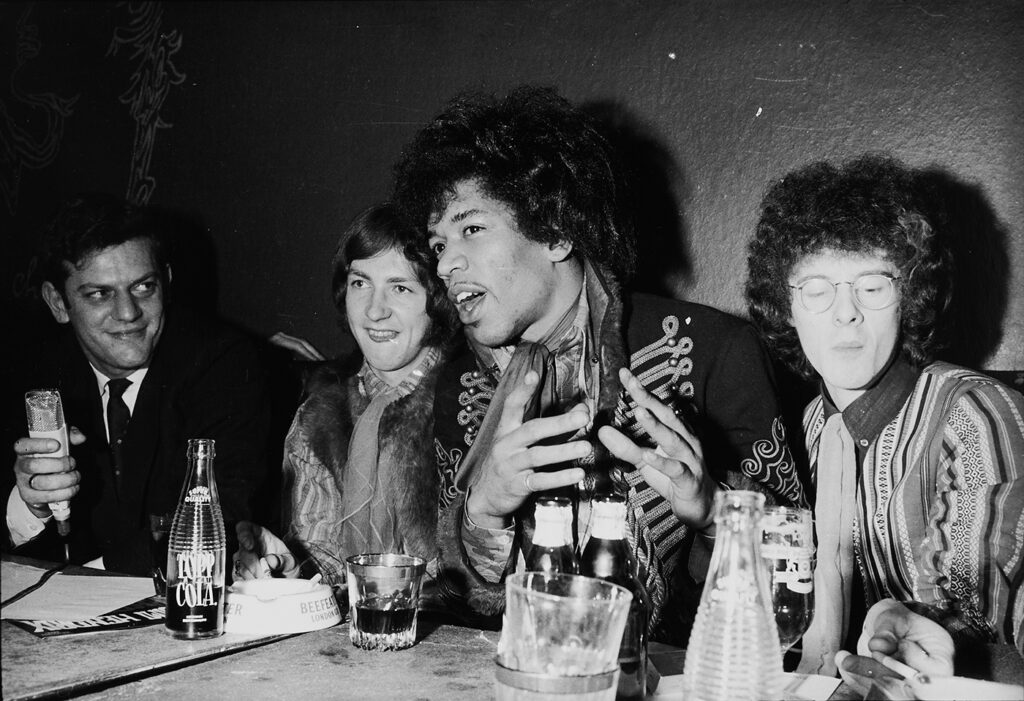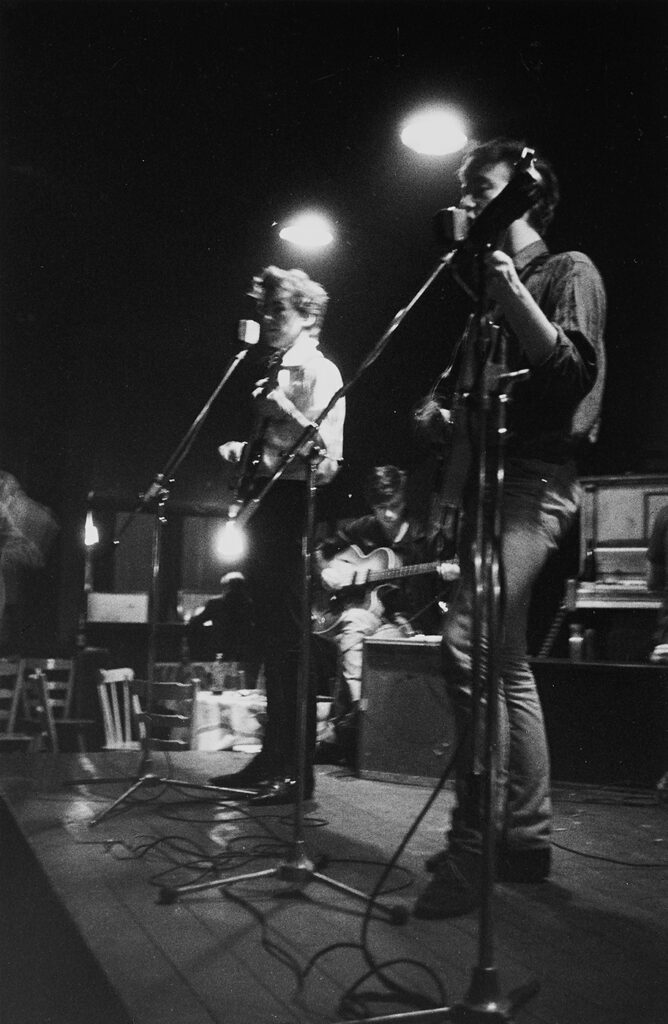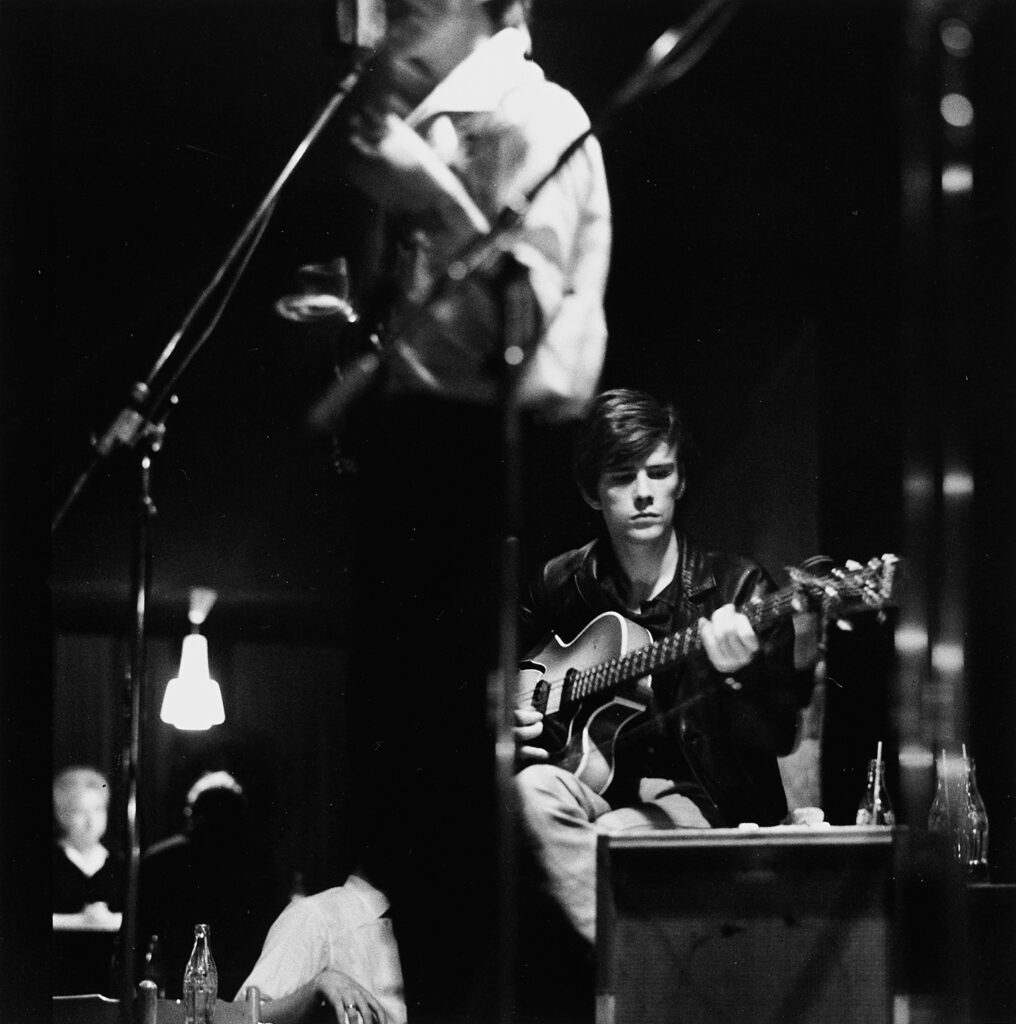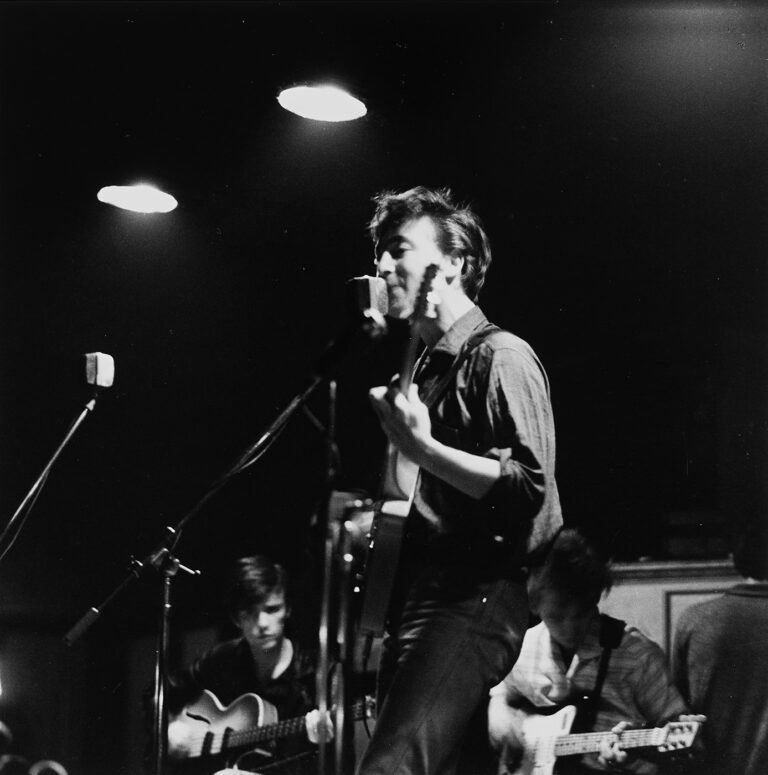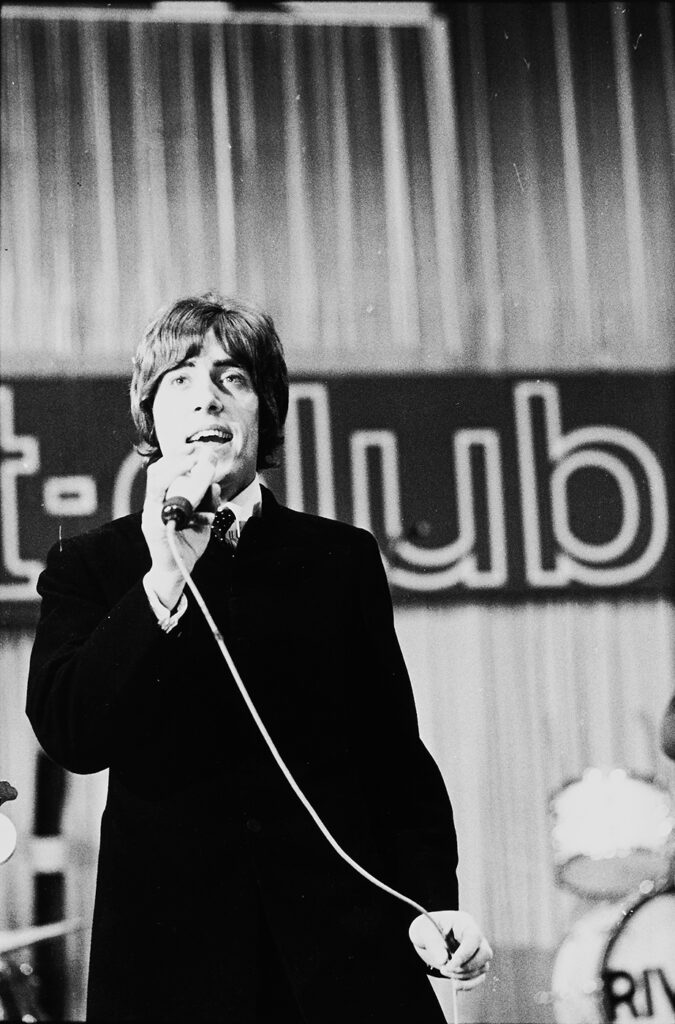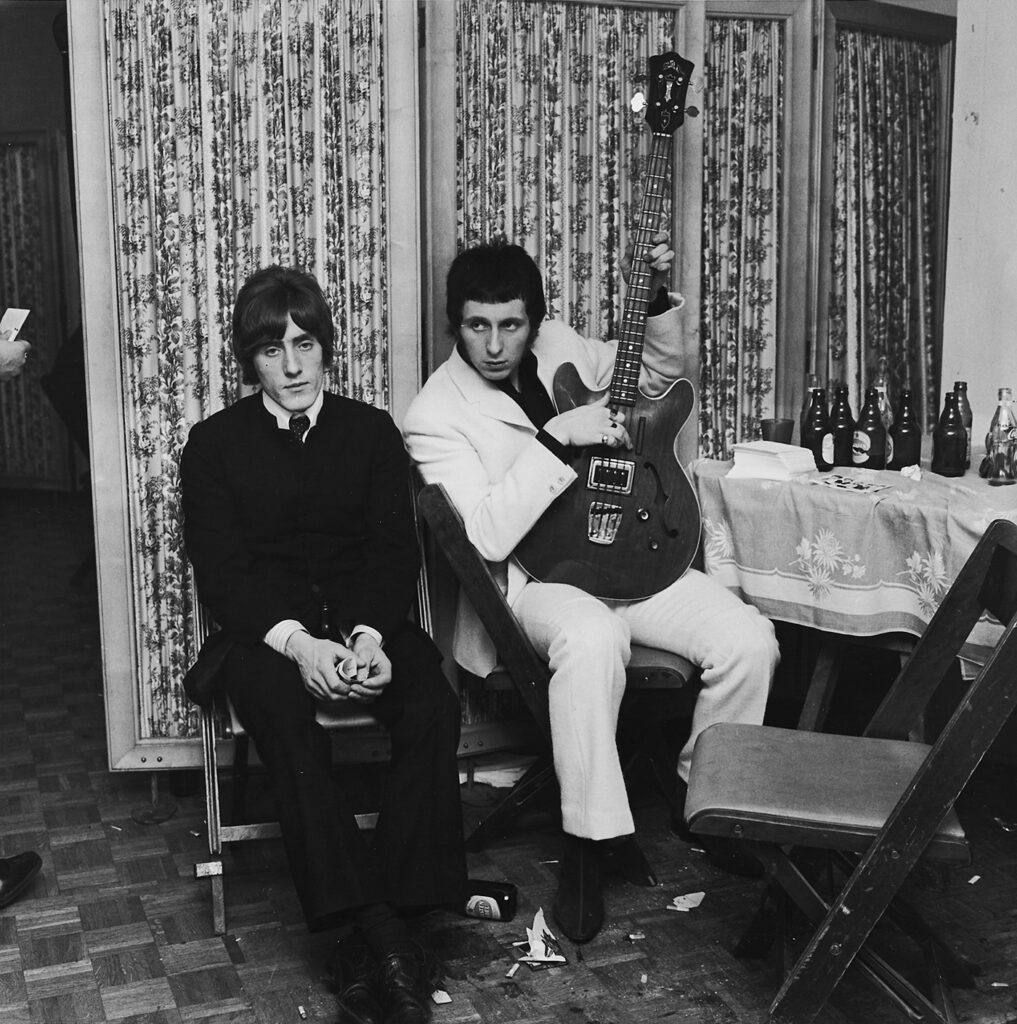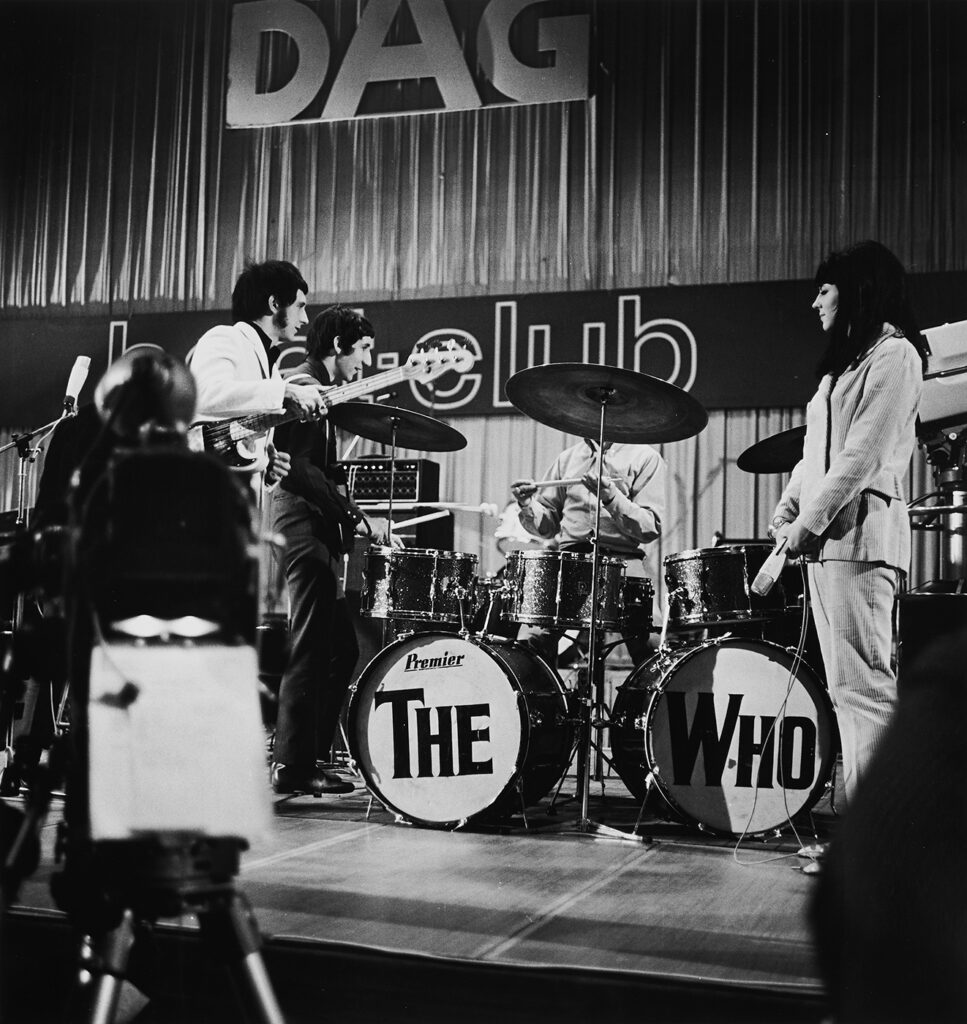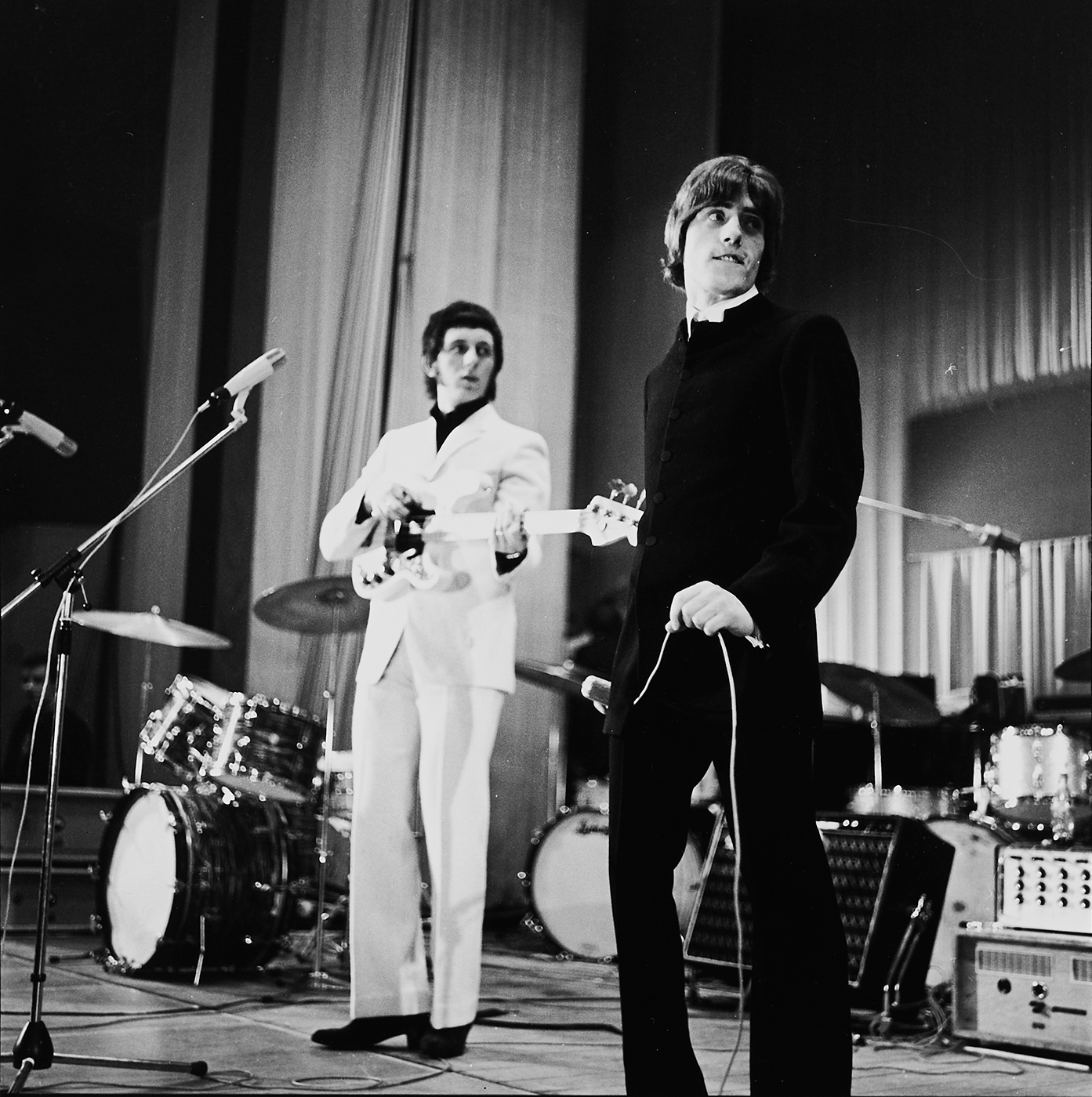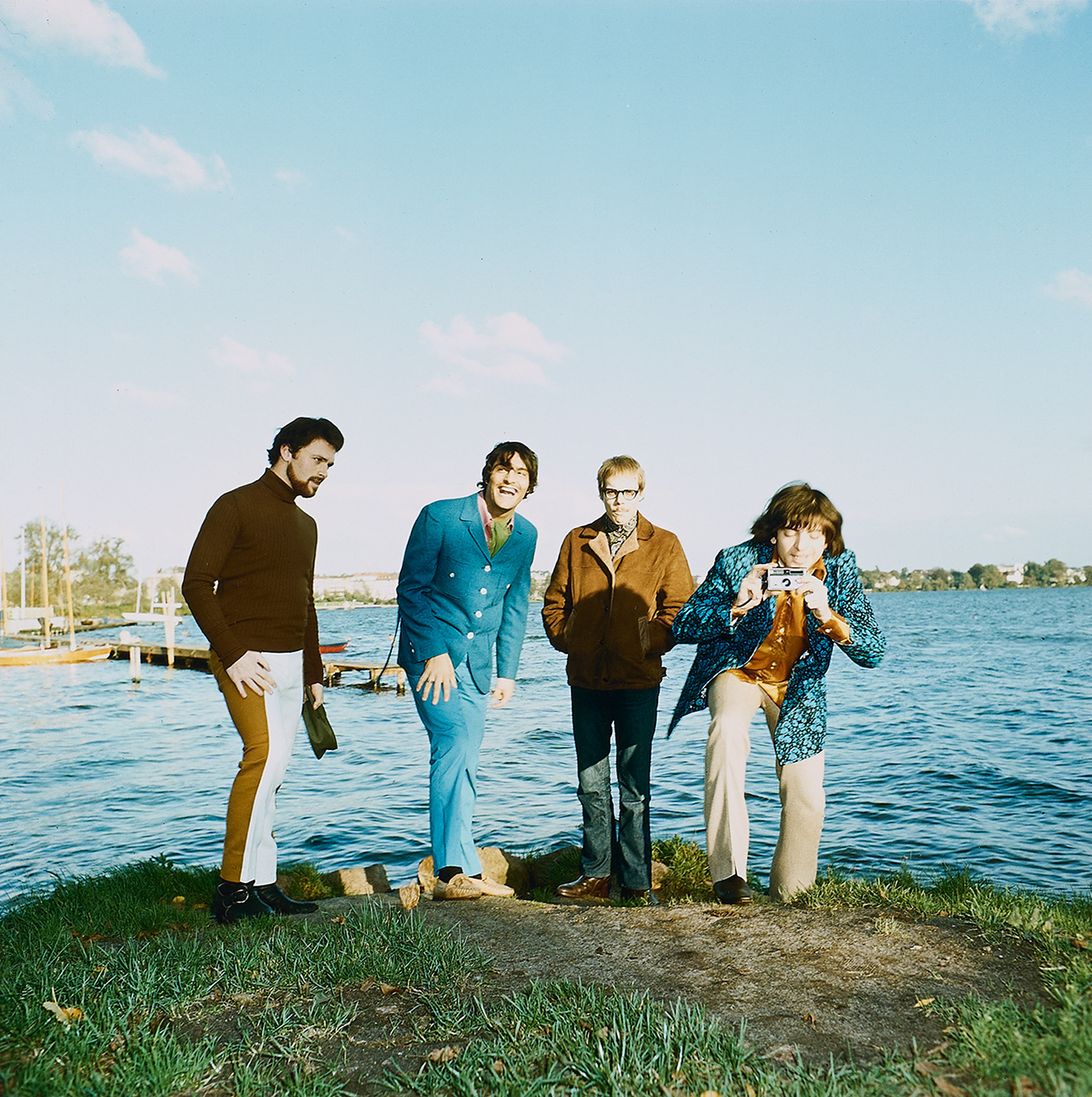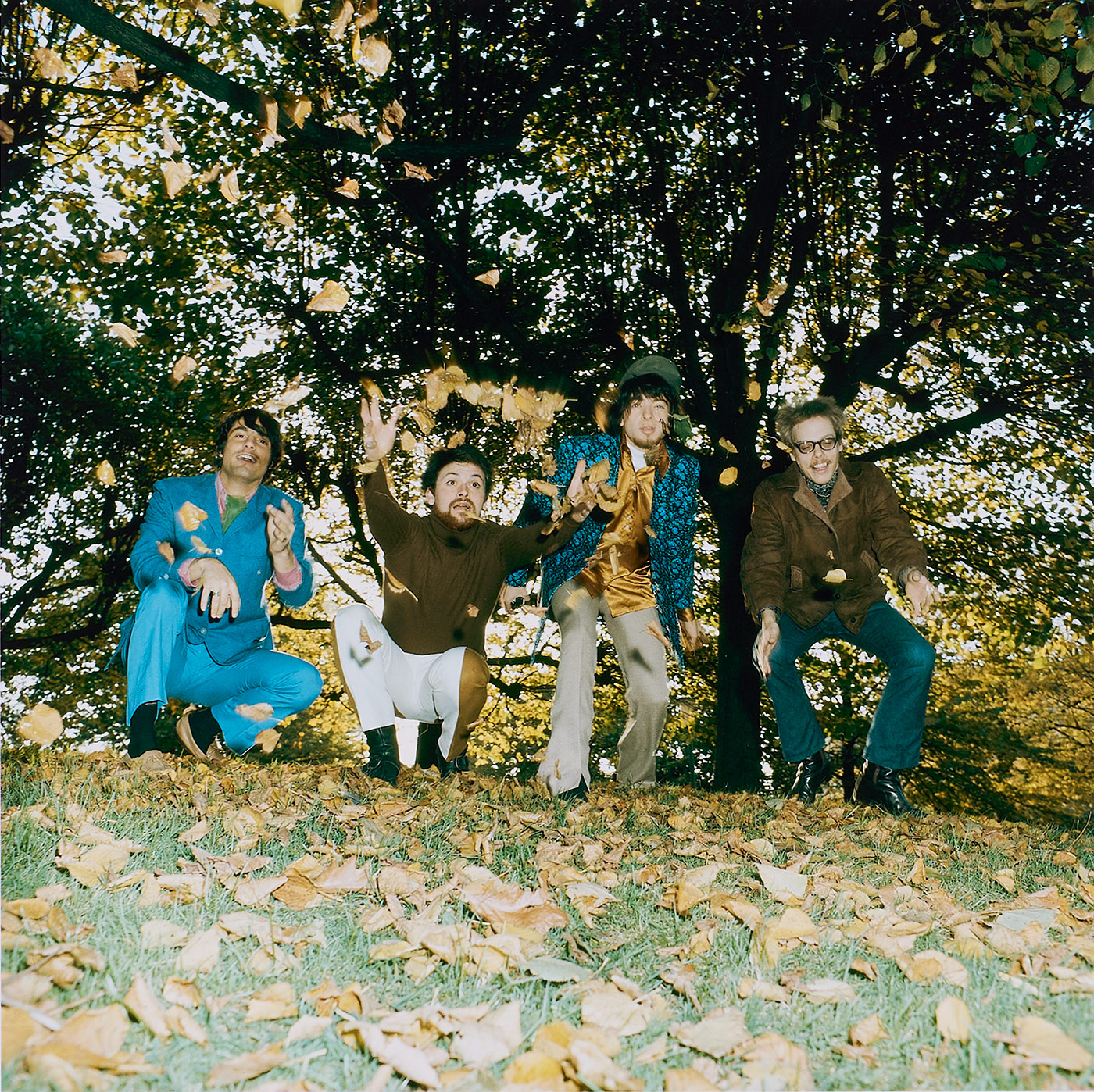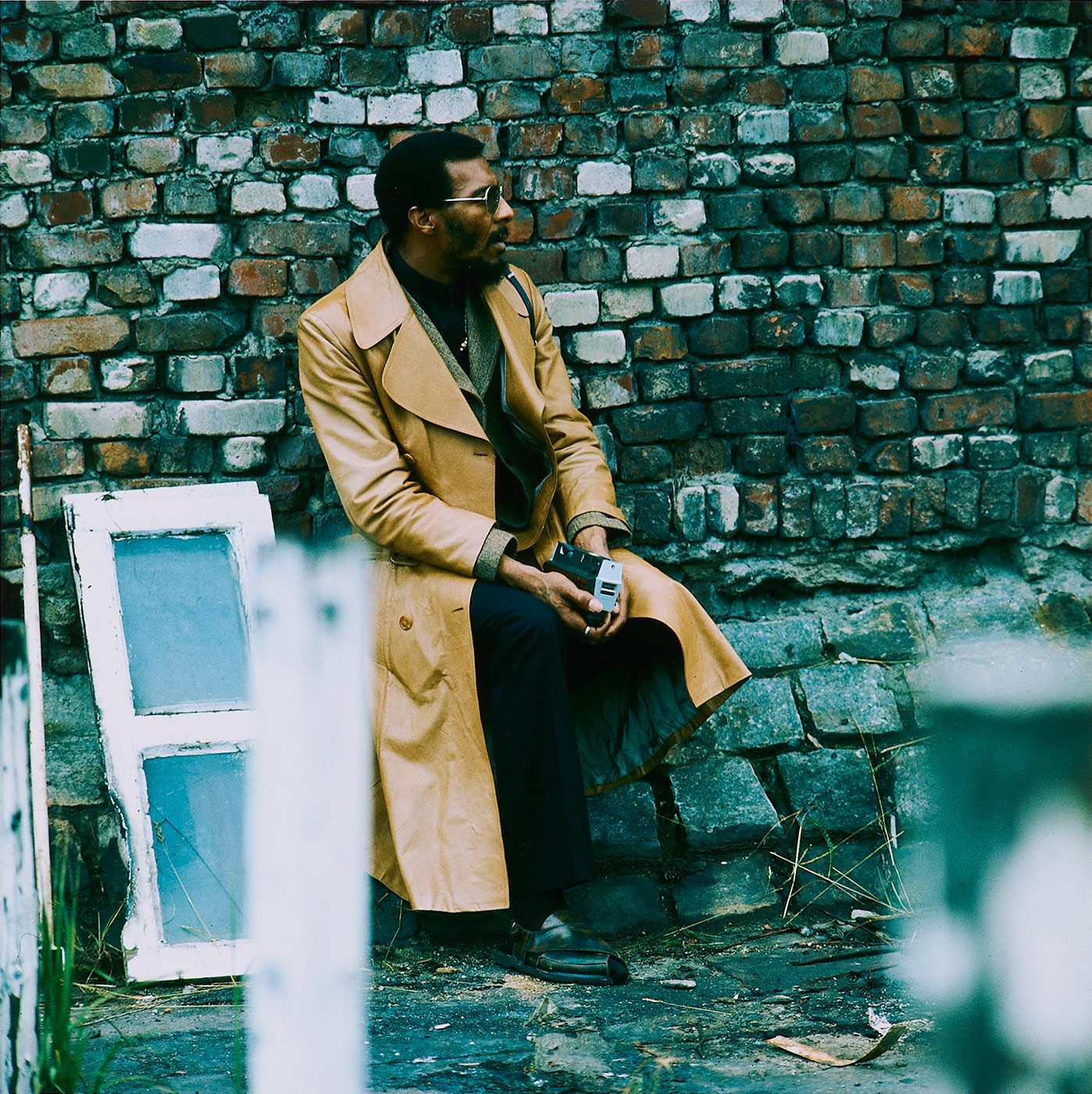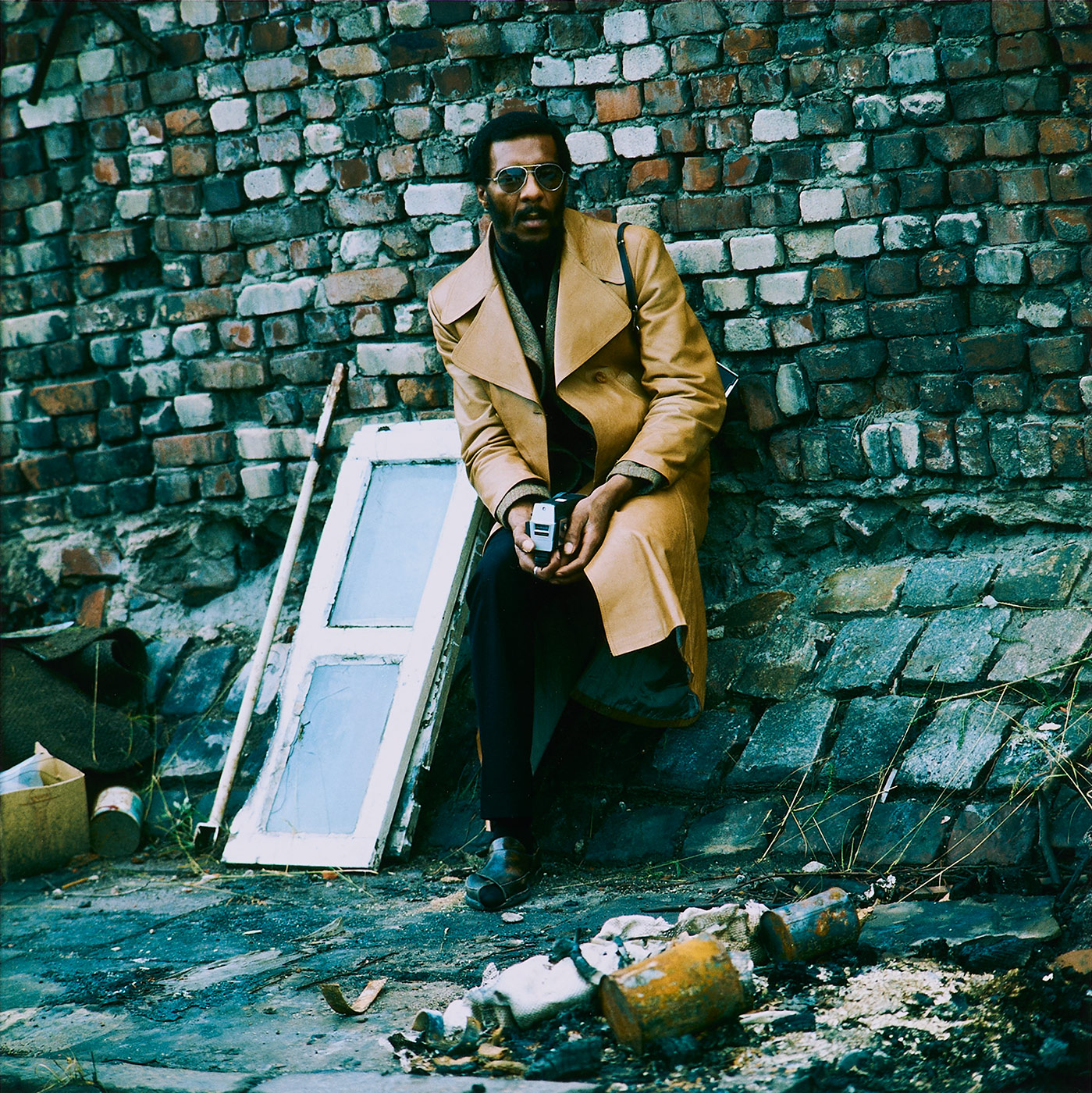The Beatles - Hamburg 1966 by Günter Zint
When the Beatles drove Hamburg crazy
On June 26, 1966, the Beatles gave two lightning concerts in Hamburg – and all hell broke loose in the Hanseatic city. These were to be the last performances of the “Mushroom Heads” in Hamburg. Ahrensburg station, June 26, 1966, 5:30 a.m. Deafening screeches drown out the squealing brakes of the special train with the Beatles on board. The now world-famous guys from Liverpool arrive in the small town just outside Hamburg to escape the hustle and bustle surrounding their concerts in Hamburg. Nevertheless, cheering and undoubtedly wide-awake fans jostle for space on the platform. The girls “easily rival factory sirens in terms of volume,” the “Ahrensburger Zeitung” later wrote.
The Beatles stay at the “Schloss Tremsbeatle”.
The Beatles, on the other hand, need a good night’s sleep and go into hiding for a few hours in their posh accommodation. George Harrison, Ringo Starr, Paul McCartney and John Lennon stay at the Schlosshotel Tremsbüttel, dubbed “Schloss Tremsbeatle” by the media.
There they lie down on their ears until 1.30 p.m., as the press of the time meticulously reported. Meanwhile, the fans are staring impatiently at the hotel windows outside. The meagre reward an hour later:
For about 45 seconds, the “mushroom heads” appear on the castle balcony.
All hell breaks loose in Hamburg
After that, it’s off to Hamburg in a hurry. Two short concerts are scheduled this Sunday in the Ernst Merck Hall on the exhibition grounds at Planten and Blomen as part of the “Bravo Blitz Tour”. All hell breaks loose around the hall. Many an adult in the dignified Hanseatic city rubs their eyes in amazement at the mass hysteria surrounding the “adolescent mushroom boys”, often called “howlers” or “choir boys”.
“Here we go!” is the motto inside the stage.
What starts when the Beatles jump nonchalantly onto the stage: fan screams without end. One of the most important events in Hamburg’s concert history is almost drowned out by the deafening noise of the fans.
At the time, “Die Zeit” quoted the composer and conductor Leonard Bernstein, because he had already said: “If you go to the Beatles, you will see them, but not hear them.” Seeing instead of hearing is also the motto of the two concerts in Hamburg. But that doesn’t dampen the mood, the hall is boiling.
According to media reports, there is only one time when it is almost completely silent: when Paul McCartney sings “Yesterday”. Only soft female sobs can be heard.
One thing is certain: If you didn’t come up with the crazy idea of wanting to hear the music of the Beatles, you’ll experience an incomparable concert. For the Beatles, it is the last gig in Hamburg, the city where the band grew up.
The city where they once spent their nights playing small club concerts and getting a round of beer from the fans at the bar.
In June 1966, Hamburg celebrates the now world-famous boys until it crashes. The fans eagerly hoped for another concert in Hamburg, but that didn’t happen, because a few years later the band disbanded.
A last smile for the fans:
On June 27, 1966, the Beatles boarded the plane and set off for Tokyo. That was their last concert in Hamburg.
A personal Big Bang
The Beatles, in classic outfits with black suits,
appeared at the end and played for 30 minutes. But that half hour
changed my life. It turned everything upside down, expanded my
range of experiences by several dimensions, awakened emotions that I could never get rid of. It was a big bang, a shock, an explosion, an earthquake even, a personal re-creation of the world. Screaming girls, rocking boys – people without control! emotional outbursts of the extreme kind, ecstasy to the point of unconsciousness; Girls who were beside themselves. Everyone danced, screamed,
some raged until they fell down and were carried away. The forces of law and order and the police were constantly on duty.
Little was understood of the music, because during the entire
performance very bright, shrill screeching dominated the acoustic scenery. I, too, tried a shy one here and there: “Paul! Paul!” McCartney, of course, was my favorite. But this atmosphere – the bass, the volume, the heat, the smell – it was all new, exciting and completely different from all previous experiences.
Generation ’66
It was over much too quickly. The Beatles disappeared without an encore, the anxious Ringo being the first. The crowd continued to rage while my parents, worried about me, pushed outside. There hadn’t been any riots comparable to the Stones, but what I experienced was enough for me . I now knew what it meant to allow unbridled emotions and live them out.
The Doors - Frankfurt 1968 by Günter Zint
Friday, September 13, 1968.
The world-famous Doors are scheduled to play in Germany, Frankfurt, Congress Hall the next day and have been persuaded to make a recording for the ZDF television show “4-3-2-1 Hot & Sweet” in front of a historic backdrop. Colour television is still in children’s shorts, the sparse audience is as far away from jeans fashion as Los Angeles is from Charlemagne in the Kaisersaal. Sound off, “Hello, I Love You” – in full playback.
To this day, the medium of television can easily turn the most wicked rowdy bands into doodling birthday greeting cards when it condemns them to a studio playback performance. The Frankfurt video of the Doors, fantastically seen on the Internet half a century later, is probably a pioneering act of this form of domestication. We see four dapper young gentlemen singing politely. “The people behind us are completely bored to death,” drummer John Densmore later describes.
Jim Morrison, the notorious singer who usually likes to provoke, insult the audience, cancel performances – he seems to be looking dreamily at the sky all the time. But no, assures guitarist Robby Krieger: “We are in this beautiful neighborhood with incredible architecture. I knew he was looking at all the cool stuff around us.” A friend of the old town, in other words.
One wishes Jim Morrison had lived to see the completed reconstruction 50 years later. On the day of the Römerberg performance, he is magically drawn to the Old St. Nicholas Church, where he plays the organ for an hour in contemplation, has his picture taken on the pulpit and in front of Siegfried’s altar to paradise. Former Reverend Jeffrey Myers knows of traditions in which some bottles of “Golden October” played a major role on September 13, 1968. The sweet wine may have helped the Doors get over the fact that a cheerful blonde lady in a miniskirt practically takes over the leading role in the ZDF music film. Among other things, she dances on the Justitia Fountain. The world is all right. Hello, I love you, won’t you tell me your name?
On Saturday, 14 September,
two concerts were scheduled in the Congress Hall (now the Maritim Hotel) on the exhibition grounds, which was demolished in 1994. One at 6 p.m., another at 9 p.m. A ticket cost 18 marks.
“The Doors” opened the first show as a double bill with the blues-rock fundis “Canned Heat”, at the second both bands changed the order. In the audience were many G.I.s stationed in Frankfurt and the surrounding area, together with their entourage, who created an exalted atmosphere in their intoxicated state.
Morrison annoys the fans who constantly demand the hit “Light My Fire” even though he is more in the mood for quiet blues songs, and a group of US soldiers who appear in front of the band with a military flag.
He angrily leaves the stage. Later, when the hall is almost empty, the combo returns.
Concert promoter Fritz Rau remembers:
“A pure blues band that played for another hour – Jim Morrison lying on the floor for simplicity’s sake. He improvised incredibly beautiful lyrics, and we were all speechless.”
Cher, Bremen, 1966 by Günter Zint
The Mothers of Invention - Frank Zappa - Bremen 1968 by Günter Zint
October 6, 1968
Frank Zappa and The Mothers of Invention pay a long overdue visit to the legendary Beat Club and Radio Bremen. Testimony to this historic event, filmed in black and white, is a live filmed happening, which shows the band from their very own side: Absolutely Free!
In the performance with a pronounced jam character, nothing is left to chance. Maestro Zappa leads through the Mothers’ best-known songs, including improv versions of “King Kong”, “A Pound For A Brown Bus”, “Sleeping In A Jar” and “Uncle Meat” from the album of the same name, which had already been recorded at the time of the session, but was not to be released until April 1969.
Also included in the set is an instrumental version of “Let’s Make The Water Turn Black” from the 1968 “We’re Only In It For The Money” album and an early version of “Prelude To The Afternoon Of A Sexually Aroused Gas Mask” from the 1968 album 1970’s “Uncle Meat” follow-up “Weasels Ripped My Flesh”.
With the third act of Wagner’s Lohengrin and, in particular, “Octandre” by Zappa’s idol Edgar Varèse, at the end of the session even the later classical phase of Frank Zappas is anticipated.
Frank Zappa & The Mothers of Invention visited the Beat Club in 1968 with a jam session, but nothing was broadcast except for an interview………!
Jimi Hendrix- Hamburg 1967 by Günter Zint
Günter Zint remembers:
It’s breathtaking what this man did with the guitar. Sometimes he caressed the strings with his virtuoso fingers, then again he tore them with his teeth and tongue. This resulted in ecstatic howling, droning and purring sounds. The world had never heard anything like it before. 50 years after Jimi Hendrix’s death – he died on 18 September 1970 in London – Günter Zint, the founder of the Sankt Pauli Museum, remembers the rock star.
Jimi Hendrix cracked the amps all the way to the limit, so that people who were at one of his live concerts for the first time almost got a shock. His music was incredibly loud, but at the same time warm and inviting, in any case enchanting. Jimi Hendrix – a genius, a guitar god. His sound was pure magic.
“Jimi Hendrix was my lodger for a weekend”
During the same visit to Hamburg, Hendrix’s new record, “Hey Joe”, is presented. Zint grins as he talks about the press conference at the Danny’s Pan music club. At the time, a journalist asked: “What are you going to do with all your money, Mr. Hendrix?” According to Zint, the rock star then looked irritated at his manager Chas Chandler and asked: “Do we make money?”
“The first time I met him was in March 1967, when he appeared at the Star Club, of which I was the in-house photographer at the time,” says Günter Zint.
“I remember that he stayed at the car hotel on Lincoln Street and that he didn’t like it at all because he wasn’t allowed to hear the music as loud as he wanted in his room.
When he came into my studio and saw the stereo and the couch, he immediately said: ‘I’m not going back to this shitty hotel. I stay here.'” Zint grins: “And so I had a lodger for the weekend.”
The Beatles - Hamburg 1961 by Peter Brüchmann
The Story behind the pictures
The Beatles, who were under contract with Bruno Koschmider, the owner of the Kaiserkeller, until December 31, 1960, often visited Tony Sheridan, who was performing with his The Jets at the Top Ten Club, when they were not playing.
They also played together from time to time, which Bruno Koschmider learned. On November 21, 1960, George Harrison was deported to England by the police because, at 17, he was too young to work in a nightclub after midnight. It is believed that it was Bruno Koschmider who tipped off the police because he was annoyed that the Beatles were unfaithful to the Kaiserkeller and wanted to move to the Top Ten Club. George Harrison had to travel back to Liverpool.
On November 29, just a few hours old, Paul McCartney and Pete Best were arrested for attempted arson. They are said to have set fire to a tapestry or a string of curtains when they had packed up their personal belongings in Bruno Koschmider’s Bambi cinema, in whose adjoining room they always slept, in order to bring them to the Top Ten Club. They spent the rest of the night in a cell at the Davidwache and were released in the morning.
A short time later, they were arrested again and told that they were to leave Germany. Before they were deported, they signed a contract with Peter Eckhorn to be able to perform in the Top Ten Club from April next year.
On the evening of November 30, 1960, they flew back to London, and from there travelled on to Liverpool. Pete Best had to leave his drums behind in Hamburg.
Due to a complaint by Bruno Koschmider, presumably for breach of contract, John Lennon and Stuart Sutcliffe were also wanted by the police. On December 10, 1960, John Lennon returned to England after hiding for more than a week. Stuart Sutcliffe stayed with his girlfriend Astrid Kirchherr in Hamburg until February.
The Beatles then performed at the Top Ten Club with Tony Sheridan from April 1 to July 1, 1961. It turned out to be ninety-two nights in which the Beatles and Tony Sheridan performed non-stop at the Top Ten Club. It is said to have been exactly 503 hours on stage. They played seven hours a night, eight hours on weekends. After each hour there was a break of fifteen minutes.
During a performance one evening, the Top Ten Club hosted music producer Bert Kaempfert and music publisher Alfred K. Schacht, who discovered Tony Sheridan and the Beatles and signed them. On June 22 and 23, several tracks were recorded for Polydor at the Friedrich-Ebert-Halle with Tony Sheridan and the Beatles, who appeared as the Beat Brothers due to an objection from the record company during this recording.
Among them was the song My Bonnie, which they also played during their performances at the Top Ten Club. Stuart Sutcliffe was not present at the recording and the last appearances in the Top Ten Club.
He left the band in June 1961.
Peter Brüchmann documented the Beatles’ visit to the Top Ten Club in 1961.
However, the report did not appear until 1966 in the Quick. Gerd Mingram photographed the Beatles rather by chance when he was taking photos at the Top Ten Club on behalf of a trade union newspaper. He sold some of the photos to Paul McCartney for £30,000 in the mid-1970s.
Actually, the Beatles wanted to perform at the Top Ten Club in 1962, but the owner of the new Star Club, Manfred Weissleder, and his managing director Horst Fascher had outbid Peter Eckhorn until the Beatles manager Brian Epstein finally preferred the Star Club instead of the Top Ten Club.
